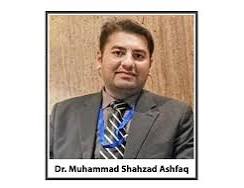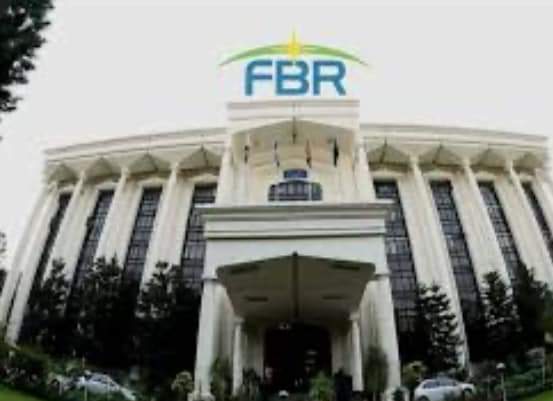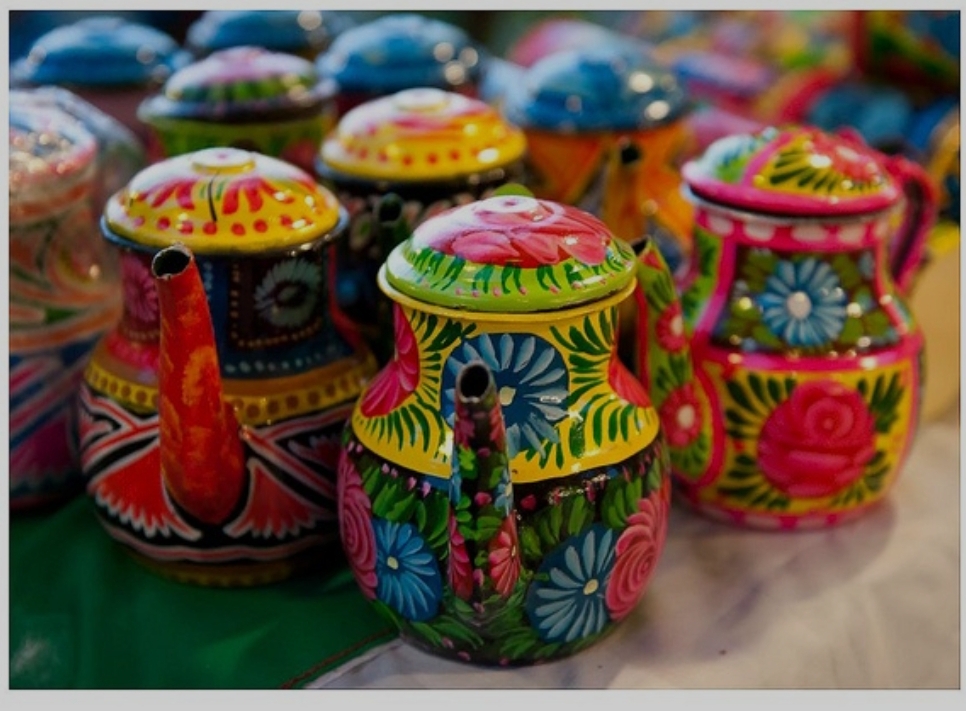After Eid al-Fitr: A Global Call for Solidarity and Peace
Dr. Muhammad Shahzad Ashfaq
Post-Doctorate (Peace Education)
International Islamic University
Islamabad
Eid al-Fitr, a significant Islamic festival marking the end of Ramadan, there is an opportunity for a global call for solidarity and peace. This period serves as a reminder of the values of compassion, unity, and empathy that are central to the Islamic faith. As Muslims come together to celebrate the end of this holy month, it presents an opportune moment for a global call for solidarity and peace.
Eid al-Fitr embodies the spirit of giving and compassion that lies at the core of Islam. During this celebration, Muslims are encouraged to perform acts of charity, help those in needs, and strengthen the bonds of goodwill within their communities. The practice of Zakat, the obligatory charitable giving, plays a central role in Eid al-Fitr celebrations, as Muslims share their blessings with others, regardless of their religious or cultural background. This tradition of generosity and solidarity fosters a sense of empathy and interconnectedness among people from different walks of life.
Eid al-Fitr serves as a bridge for interfaith dialogue and understanding. As Muslims around the world come together to celebrate this auspicious day, they open their homes and hearts to neighbors, colleagues, and friends of diverse faiths. This gesture of inclusivity and hospitality not only strengthens social cohesion but also promotes mutual respect and tolerance among individuals of varying beliefs. Inviting others to partake in the festivities of Eid al-Fitr, Muslims promote a message of peace, acceptance, and unity that resonates beyond religious boundaries.
In the midst of challenges such as conflicts, discrimination, and prejudice, Eid al-Fitr serves as a reminder of the values of unity, compassion, and understanding. In today’s world, characterized by various social, political, and economic challenges, the need for solidarity among individuals and nations is more crucial than ever. The importance of fostering solidarity and peace after Eid al-Fitr on a global scale.
After Eid al-Fitr, communities brought closer together through the spirit of celebration and generosity. This celebration transcends borders and unites Muslims of diverse backgrounds. Beyond the Muslim community, Eid al-Fitr presents an opportunity for interfaith solidarity and understanding. It is a time to reach out to neighbors of different faiths, share goodwill, and foster relationships based on mutual respect. In a world marked by religious and cultural divisions, the post-Eid period can serve as a catalyst for dialogue and cooperation among different communities.
The essence of Eid al-Fitr lies in love, forgiveness, and compassion. In the wake of this joyous occasion, the call for peace resonates strongly. Muslims are encouraged to forgive past grievances, mend broken relationships, and promote harmony within society. The values of compassion and empathy extend beyond individual relationships to a global context. The post- Eid period is an opportunity for nations to come together, set aside differences, and work towards peaceful resolutions to conflicts. Embracing the principles of Eid al-Fitr, the world can move closer towards sustainable peace and stability.
One of the key aspects of Eid al-Fitr is the emphasis on compassion and helping those in need. The festival encourages Muslims to engage in acts of charity and kindness, reflecting the spirit of empathy and solidarity with the less fortunate. This message of generosity transcends religious boundaries and resonates with people of all backgrounds. In a world facing growing inequality and humanitarian crises, the call for solidarity after Eid al-Fitr becomes even more pertinent.
Promoting peace is another fundamental principle associated with Eid al-Fitr. Islam emphasizes the importance of resolving conflicts through dialogue, understanding, and mutual respect. In the current global context, marked by geopolitical tensions, violent conflicts, and extremism, the message of peace resonates strongly. By coming together in a spirit of solidarity and dialogue, individuals and nations can work towards resolving differences and promoting peaceful coexistence.
Moreover, the concept of solidarity after Eid al-Fitr extends beyond humanitarian and peacebuilding efforts. It encompasses the idea of standing together in the face of shared challenges such as climate change, social pandemics, and poverty. These issues transcend national borders and require collective action and cooperation. Through international collaboration and solidarity, countries can address common threats and work towards a more sustainable and inclusive future.
After Eid al-Fitr the need for concerted efforts to promote peace on a global scale. International organizations, governments, and civil society groups are increasingly focusing on peacebuilding initiatives that transcend borders and cultures. Initiatives such as interfaith dialogue, cultural exchange programs, and conflict resolution mechanisms are gaining momentum in the post-Eid period. These efforts aim to bridge divides, foster understanding, and build a more peaceful world for future generations.
In a world interconnected by technology and global communication solidarity takes on a new dimension. Social media and digital platforms have the power to amplify messages of unity and peace, reaching a global audience instantaneously. Harnessing these tools effectively, individuals and organizations can mobilize support, raise awareness, and inspire positive change on a global scale.
Eid al-Fitr, a global call for solidarity and peace resonates across borders, cultures, and religions. The spirit of unity, compassion, and forgiveness that characterizes this celebration serves as a powerful reminder of the values that can help overcome divisions and promote peace. By embracing the principles of Eid al-Fitr and extending them to the global stage, we can work towards a more harmonious and prosperous world for all. As we mark the end of Ramadan, let us join hands in solidarity and commitment to building a more peaceful and inclusive future.



